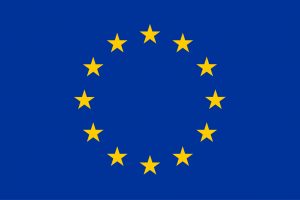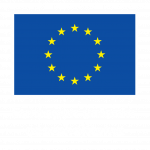

Helsinki becomes AI hotspot as US chipmaker Groq expands to Europe
In a move that underscores Europe’s growing importance in the global AI race, US chipmaker Groq has chosen Helsinki as the launchpad for its first European data centre.

Text: Martti Asikainen, 14.7.2025.

US AI chipmaker Groq, known for its specialised Language Processing Units (LPUs), has announced plans to establish its first European data centre in Helsinki, marking a strategic expansion into the continent’s rapidly growing artificial intelligence market.
The facility, to be located within an Equinix campus, which is one of Europe’s most dynamic and innovative technology hubs, represents a significant milestone in the Mountain View-based company’s global scaling ambitions for its AI inference platform.
The planned facility will bring Groq’s AI inference capabilities directly to European enterprises, offering reduced latency, compliance with EU data sovereignty requirements (GDPR), and seamless integration through Equinix Fabric.
“Customers get the lowest latency possible and infrastructure ready today. This way we are already unlocking developer ambition now, not months from now,” said Groq CEO Jonathan Ross.
The Ideal AI Infrastructure Hub
Finland’s selection as Groq’s European base reflects the country’s unique advantages for AI infrastructure. The nation’s abundant renewable energy resources, natural cooling capabilities, and reliable power grid made it a standout choice for sustainable data centre operations.
“Finland is a stand-out choice for sustainable infrastructure,” said Regina Donato Dahlström, Equinix’s Nordics Managing Director. The planned Helsinki facility will enable inference workloads to be processed entirely within European borders, addressing mounting corporate and regulatory demands for data sovereignty.
This strategic positioning aligns with broader EU initiatives aimed at strengthening domestic AI infrastructure and reducing dependence on US and Chinese cloud services.
Groq’s LPUs are engineered to deliver inference processing with remarkable speed and efficiency, consuming approximately one-third the power of traditional GPU configurations. The company’s vertical integration strategy enables rapid deployment cycles, with Ross claiming hardware can be operational within six months—a significant improvement over competitors relying on more specialized components.
The company has already established inference platforms across multiple regions, including the United States (via Equinix and DataBank), Canada (Bell), and Saudi Arabia (Humain). Globally the company supports over 20 million tokens per second across its network, and the Helsinki facility will add to this capacity.
Competitive Landscape and Market Positioning
Groq’s European expansion places it in direct competition with industry giants like Nvidia, whose GPU-driven platforms currently dominate both training and inference workloads. However, Groq’s ASIC-based platform, specifically optimized for inference tasks, claims to offer distinct cost and performance advantages.
“Inference tends to be a higher volume, but lower-margin business,” Ross noted, highlighting the company’s strategic focus on this specialized segment.
Despite backing from prominent investors including Samsung, Cisco, BlackRock, and Type One Ventures, the AI chip landscape remains intensely competitive. Key players such as AMD, Broadcom, Marvell, Cerebras, and SambaNova continue to vie for market share in this rapidly evolving sector.
Groq’s timing reflects the growing momentum behind European AI sovereignty. With GDPR-inspired data protection concerns driving customer preferences, European organizations increasingly seek sovereign AI solutions. The Helsinki launch directly addresses this demand while positioning the Nordic region as a premier destination for AI infrastructure, leveraging its carbon-neutral energy profile and naturally cool climate.
Strategic Implications
Hosting Groq’s first European data centre puts Finland firmly on the map as a key AI infrastructure hub in Europe. It enhances the country’s reputation as a technologically advanced and innovation-friendly nation, potentially attracting further AI and deep-tech investments.
For Groq, this facility represents more than a geographical expansion—it’s a crucial proving ground. The company’s continued success will depend on its ability to attract enterprise clients, scale LPU hardware production, and effectively challenge established market incumbents.
- Latency and Sovereignty: Regional inference computing addresses EU data protection laws while meeting end-user performance requirements.
- Sustainability: The Nordic environment supports environmentally responsible infrastructure growth, aligning with corporate sustainability goals.
- Market Disruption: This expansion challenges global incumbents by focusing specifically on inference rather than training workloads, potentially carving out a distinct market niche.
If Groq can successfully translate its operational efficiency and power advantages into tangible business outcomes, the company may establish a meaningful position in Europe’s evolving AI landscape. The Helsinki facility serves as both a strategic beachhead and a testament to the growing importance of regional AI infrastructure in an increasingly data-conscious world.


Finnish AI Region
2022-2025.
Media contacts